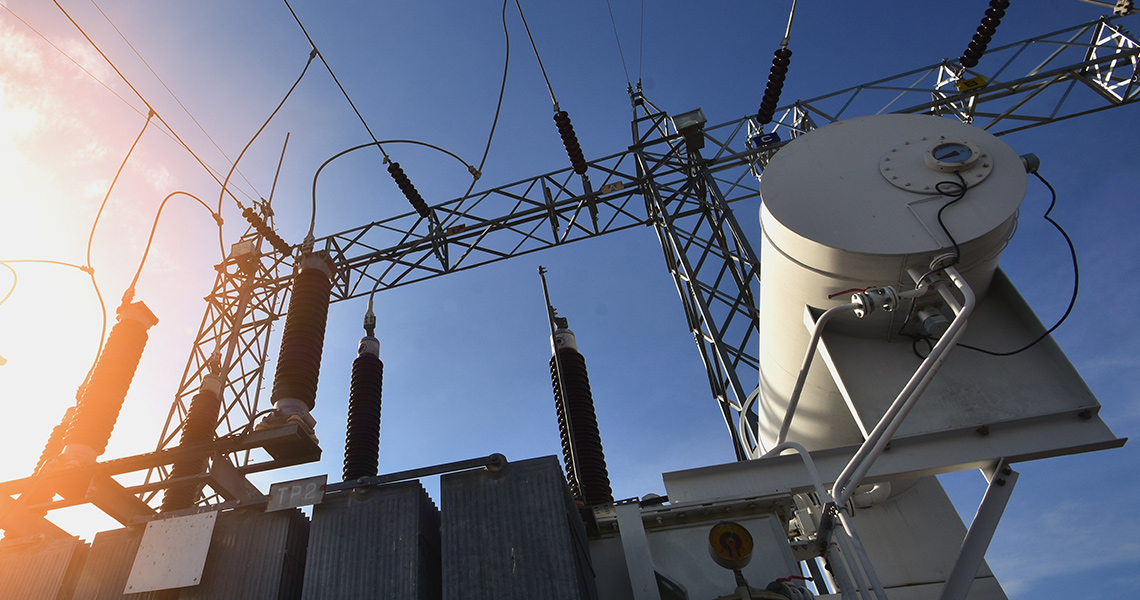
Electrical systems play a crucial role in our modern life, in our homes, work, and more.
The guarantee of the proper operation and safety of these systems is very important.
However, when a phase loss occurs in an electrical system, it may have serious implications.
What is a phase loss?
The meaning of a phase is a power source (electricity) in a three-phase system, meaning three power sources.
In the case of a lack of a phase in a three-phase system, statistically one-third of the devices will stop working because of a missing source(phase loss).
normal condition in a three-phase system is that all three phases are supplied to the facility (home, office, factory, etc.).
can affect various electrical devices, such as motors, compressors and three phas systems, causing for them to operate below their optimal levels and cause increased energy consumption.
Damage to the motor and equipment: electric motors are particularly sensitive to phase imbalance. when engine is running
In unbalanced conditions, it may experience excessive heat, vibration and mechanical stress. It can shorten significantly
the lifespan of the engine and lead to premature failure. In addition, other electrical equipment connected
Unbalanced phases may also suffer damage or experience reduced function. Power quality issues:
Lack of phase may introduce harmonic currents into the electrical system. Harmonics are currents and voltages
additional ones that are multiples of the fundamental frequency. These harmonics can cause voltage distortion, lights
flickering, interfering with electronic devices, and affecting the overall power quality of the system.
Safety Hazards: Unbalanced currents and voltage fluctuations due to phase loss can create dangerous conditions
for electrical workers and system users. Increased heat, unexpected behavior of equipment
And possible electrical malfunctions can pose risks of electrocution, and fires.
That is why those consumers (such as a three-phase air conditioner) have a mechanism that disconnects them in the absence of a phase to prevent these phenomena.
To mitigate the consequences of phasing, routine maintenance, monitoring and testing of electrical systems vital. Correct installation of electrical equipment, load balancing and periodic testing of connections can
Help identify and treat phase imbalance. In addition, use of advanced devices for quality monitoring
The provider can enable real-time monitoring of the system and provide early warnings of imbalances
phase.
In conclusion, of phase loss in an electrical system can have serious consequences, starting with damage to the equipment
and reduced efficiency up to safety hazards. Essential for electrical professionals and operators
systems to be aware of this issue and take proactive steps to prevent and resolve imbalances
stages, while ensuring the reliability, performance and safety of the electrical systems.
© All rights reserved Phasor LTD